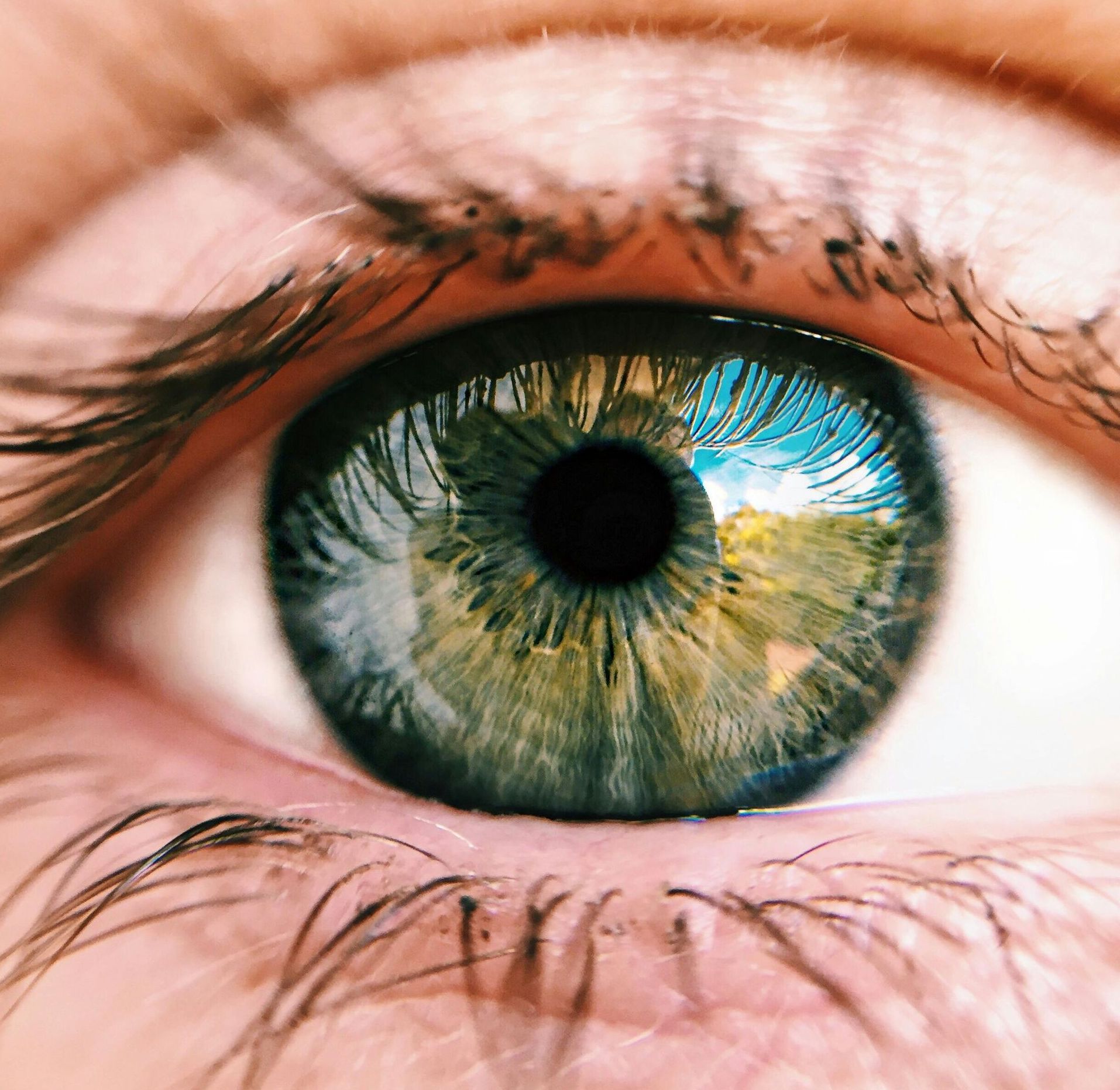Ophthalmology Doctor in New Jersey, Pennsylvania, or Delaware
Ophthalmology, the field dedicated to studying the functions and treatment of the eyes, plays a crucial role in maintaining our visual health. Ophthalmologists are medical doctors who undergo extensive training in providing comprehensive eye and vision care. This includes not only prescribing corrective lenses but also performing intricate eye surgeries when necessary.
Moreover, within the realm of ophthalmology, specialized practitioners known as pediatric ophthalmologists possess additional expertise. Apart from their proficiency in all aspects of eye and vision care, these specialists perform eye muscle surgeries for both children and adults. By focusing on this specific area, they ensure optimal visual development and wellness, catering to the unique needs of the young.
In essence, ophthalmology remains an indispensable field with skilled professionals who commit themselves to safeguarding our vision. Whether it be standard eye care or intricate surgical procedures, these dedicated professionals play a pivotal role in preserving the gift of sight for people of all ages.

What services does an ophthalmology specialist provide?
-
Pediatric Strabismus (Crossed Eye)
Pediatric strabismus, often referred to as crossed eyes, is a condition where a child’s eyes are not properly aligned and may turn inward, outward, upward, or downward. This misalignment can affect depth perception, cause double vision, and, if left untreated, may lead to vision problems such as amblyopia (lazy eye). Pediatric ophthalmologists specialize in diagnosing the underlying causes of strabismus through comprehensive eye exams and advanced imaging when necessary. Treatment options may include prescription glasses, vision therapy, or surgical correction to realign the eye muscles and restore proper visual function. Early intervention is key, as treating strabismus during childhood can prevent long-term visual complications and improve a child’s overall quality of life.
-
Pediatric Amblyopia (Lazy Eye)
Pediatric amblyopia, commonly known as lazy eye, occurs when one eye has reduced vision because the brain favors the other eye, typically due to misalignment (strabismus) or a significant difference in refractive error between the two eyes. If not treated early, amblyopia can lead to permanent vision loss in the weaker eye. Pediatric ophthalmologists are highly skilled in diagnosing amblyopia through specialized eye exams that evaluate visual acuity, eye alignment, and overall eye health. Treatment may include corrective glasses, patching the stronger eye to force the weaker eye to work harder, vision therapy, or medicated eye drops to encourage visual development. With early and consistent treatment, amblyopia can often be corrected, allowing children to develop healthy, balanced vision.
-
Pediatric Eye Exams
Pediatric eye exams are an essential part of ensuring proper visual development and eye health during childhood. Unlike standard vision screenings, these comprehensive exams are designed to detect eye conditions such as nearsightedness, farsightedness, amblyopia (lazy eye), and strabismus (crossed eyes) at their earliest stages. Pediatric ophthalmologists perform age-appropriate tests to evaluate visual acuity, eye coordination, depth perception, and overall eye health. Early detection of vision problems is critical, as untreated eye conditions can affect learning, development, and quality of life. Regular eye exams allow for timely interventions, such as glasses, vision therapy, or medical treatments, ensuring children have the best possible start with healthy vision.
